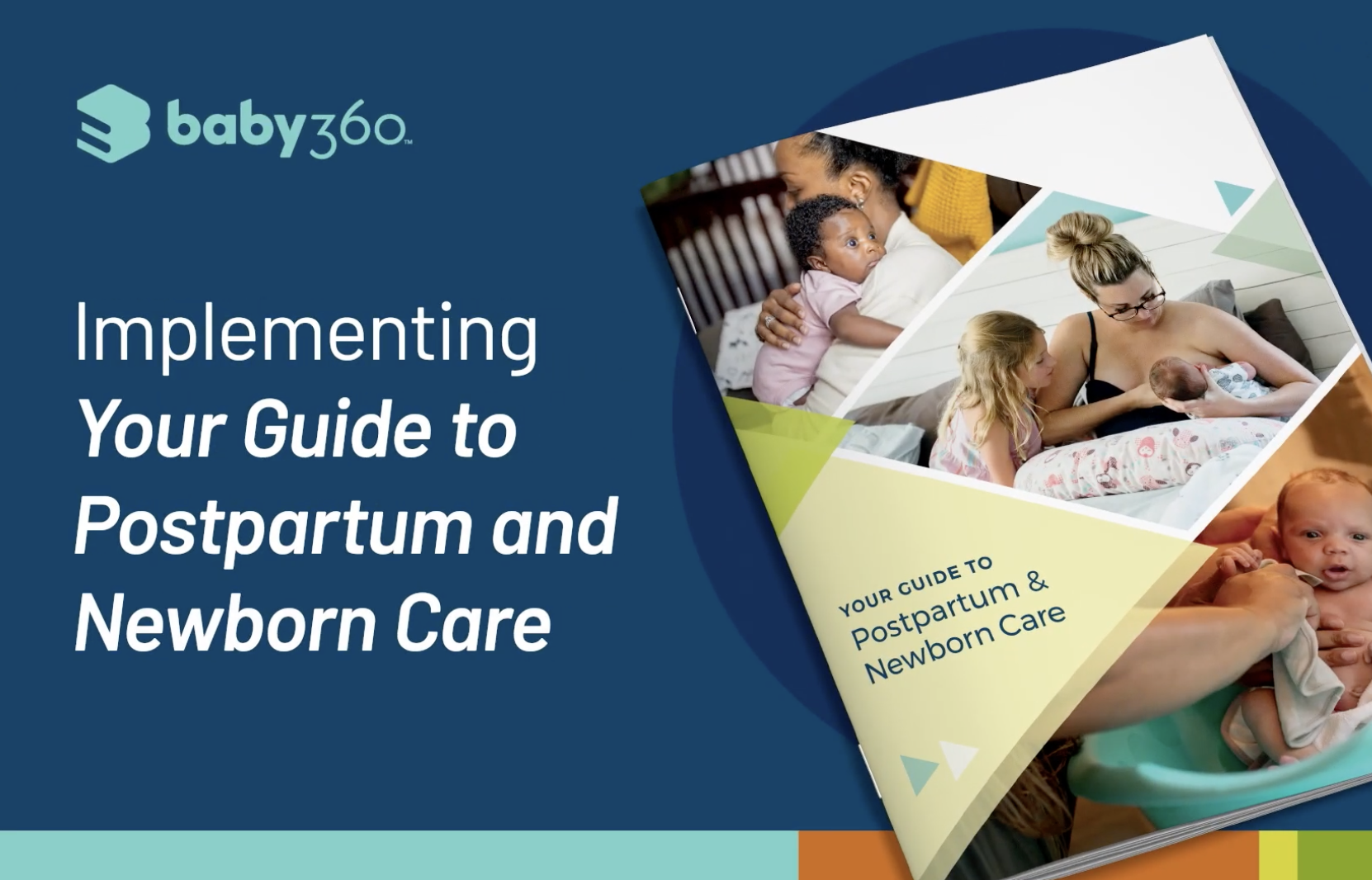As a childbirth educator, you’re well aware that birth plans don’t always go according to, well, plan. However, parents don’t always understand that their original intentions may have to change during delivery.
The information below will help you explain to parents the importance of having a birth plan and why they should remain flexible and open to treatments or procedures that may be necessary for the health of mother and baby.
Why a birth plan Is important
Once parents realize a birth plan can change, they may wonder why they should bother creating one in the first place. This is a good time to reiterate some of the benefits of having a birth plan.
Birth plans:
- Give parents a reason to ask questions and do research to make informed decisions about the birth of their baby. Parents gain a solid understanding of the options available to them.
- Serve as an important tool for communication between parents. They give parents the opportunity to discuss this important event together and share their fears and hopes.
- Provide parents with an effective way to discuss important details such as pain management preferences during labor with their chosen care provider.
- Inform new members of the medical team about the parents’ preferences during active labor.
- Act as a reference for the healthcare provider during labor.
- Help women maintain their focus and stay calm even if unexpected events occur.
The need to remain flexible
While the best-case scenario during birth would involve everything going according to the birth plan, parents need to understand that there are aspects of labor and delivery that can’t be controlled. For this reason, it’s important for them to stay flexible and go into labor with an understanding that they may need to depart from their birth plan should the situation require it.
To help parents establish a flexible mindset, encourage them to view their birth plan as being subject to change and to try and plan for the unexpected. You can encourage them to use certain terms and phrases when writing their birth plan, including:
- “Our birth preferences”
- “We plan to”
- “We hope to”
- “Our wishes for childbirth”
- “As long as birth progresses normally”
- “Unless there is an emergency”
- “If a cesarean becomes necessary”
When parents use these phrases, they are also designing their plan with a positive focus, avoiding merely creating a list of things they don’t want.
American Pregnancy Association provides complete examples of positive wording for birth plans.
A birth plan as a guide
Encourage parents to view their birth plan as a guide, not a guarantee, and to remember that, even if their labor and delivery don’t go as they had hoped, the best outcome is a healthy baby and a healthy mom.



